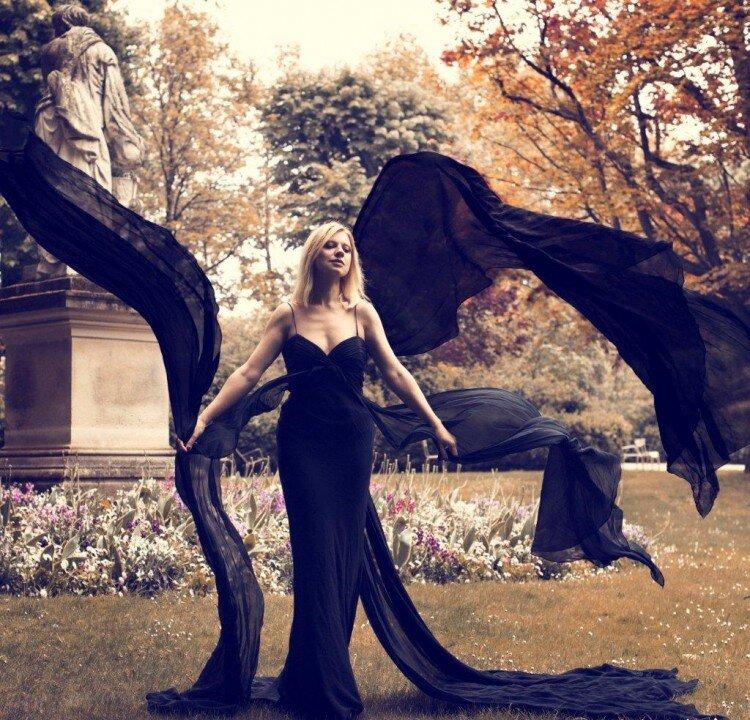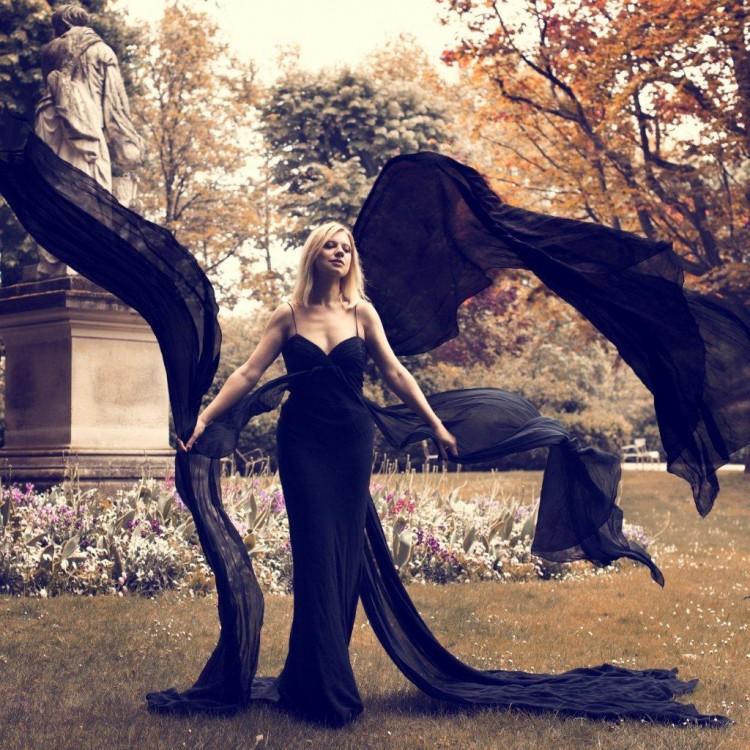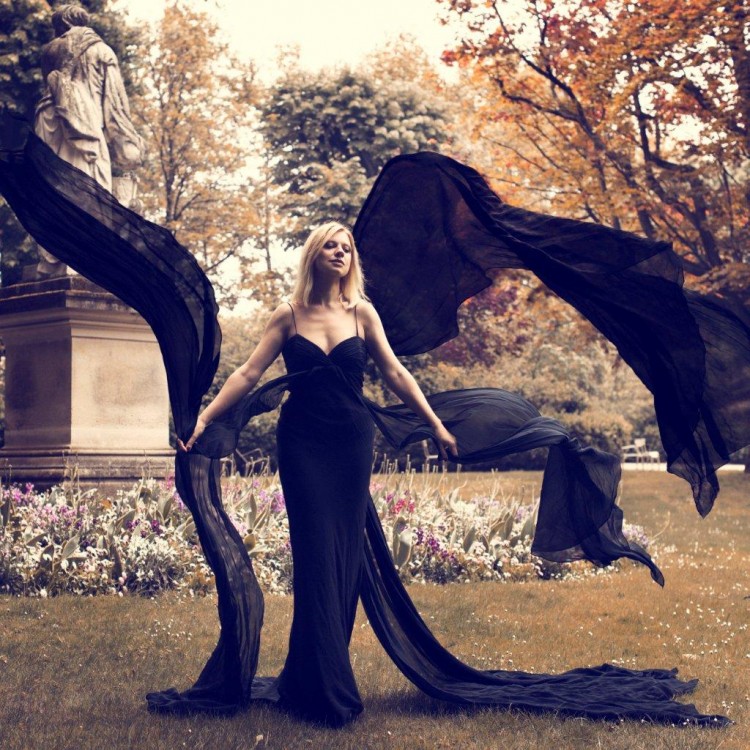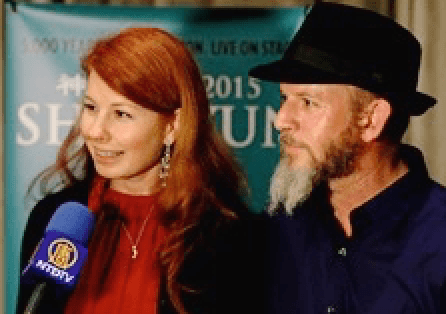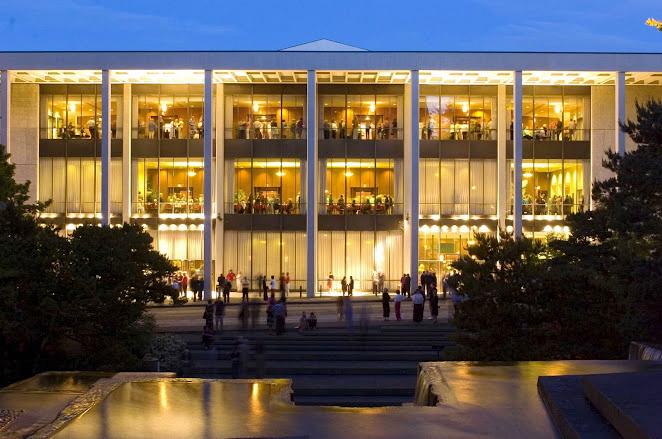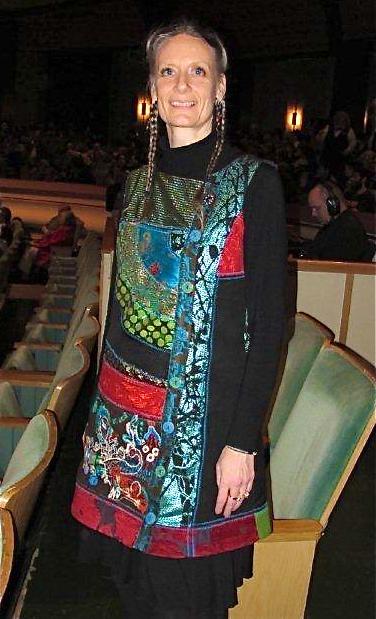PORTLAND, Ore.—The most popular classical pianist on the web delighted a live audience at the Newmark Theater with a three-hour virtuoso performance on Dec. 2.
This year was a fruitful one for Ukrainian-born, classically-trained pianist Valentina Lisitsa, hailed by many as a “Youtube sensation.”
Her YouTube recordings of classical music have had nearly 50 million viewers, whose votes influenced Lisitsa’s concert lineup at London’s Royal Albert Hall. She was donned “the Justin Bieber of classical music” by BBC.
Lisitsa gave the solo performance at the Royal Albert Hall this summer, one of the world’s most famous classical venues. This privilege has been granted to very few classical pianists over the last century.
Lisitsa has won glowing reviews ever since her American debut at Lincoln Center in 1995. According to Music Web International, Valentina Lisitsa “combines an imperious sweep with aristocratic poise and sensitivity.”
In the first part of her Portland recital, Valentina performed Classical and Romantic era compositions of Mozart, Beethoven, and Schubert.
It was the flawless and captivating presentation of four pieces of Liszt’s transcriptions of Schubert’s songs that really stood out.

